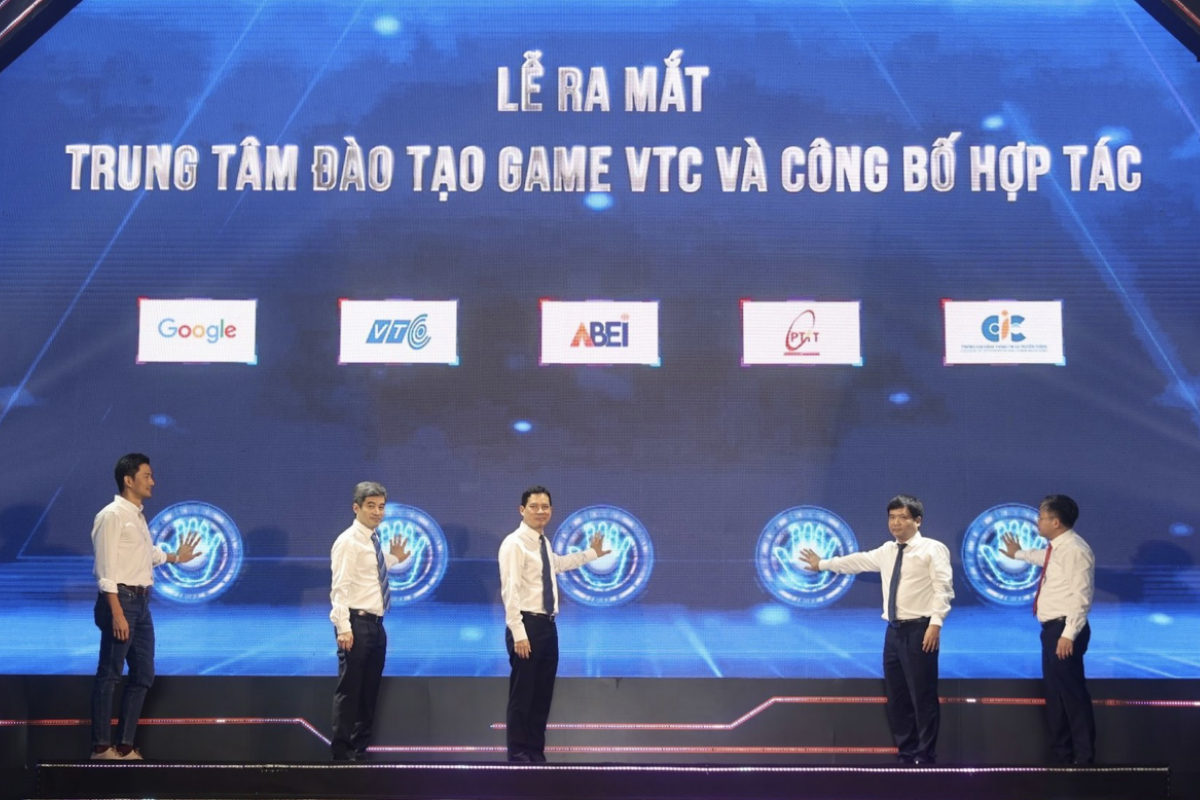
Nguyen Ngoc Bao, CEO of VTC (Vietnam Multimedia Corporation), said the first factor that needs attention is human resources, and training is the foundation.
Previously, gaming was considered just like entertainment, so it did not need any encouragement for development. But Vietnam has changed its view since 2023, considering gaming a profitable industry.
In 2023, the government did not include games in the list of business fields subject to luxury tax, but considered it an industry that needed support to develop.
In Vietnam most game developers searched for and developed game products themselves. It is their passion, creativity and capability of adapting to new market conditions which have placed Vietnam’s gaming industry in the world’s top 5 in 2023 with 4.2 billion downloads, according to Google.
However, analysts point out that many game products are not good enough due to the limited knowledge of developers. Therefore, training is necessary as it creates an environment for game developers to learn and exchange information.
Bao commented that in the past, people considered games as a tool to entertain themselves. Bao mentioned the new concepts of ‘game+’ and ‘game+++’, so that people can understand that games are like a miniature society in the virtual world.
Games can be expanded into other business fields. They can be the future of the education sector. When teaching history, for example, lessons can be presented in the form of games which allow students to obtain knowledge more easily.
Regarding training for the gaming industry, Bao noted that there is no education establishment that trains and grants degrees in a gaming major. In order to develop the industry in the long term, workers of the industry need methodical training.
Game design is the most important stage of the game production process. But Vietnam is still weak at this, so training should start from game design.
Cao Minh Thang from PTIT (Posts and Telecommunications Institute of Technology) also cited a survey in the last three years as saying that Vietnam’s game design capability remains limited.
Domestic games mostly import, change, and distribute games, and design simple games to follow the crowd, while creativity content is modest. The technologies to design and develop games are out of date, while developers mostly focus on mobile games. They still cannot take full advantage of new technologies, including AI (artificial intelligence).
Le My